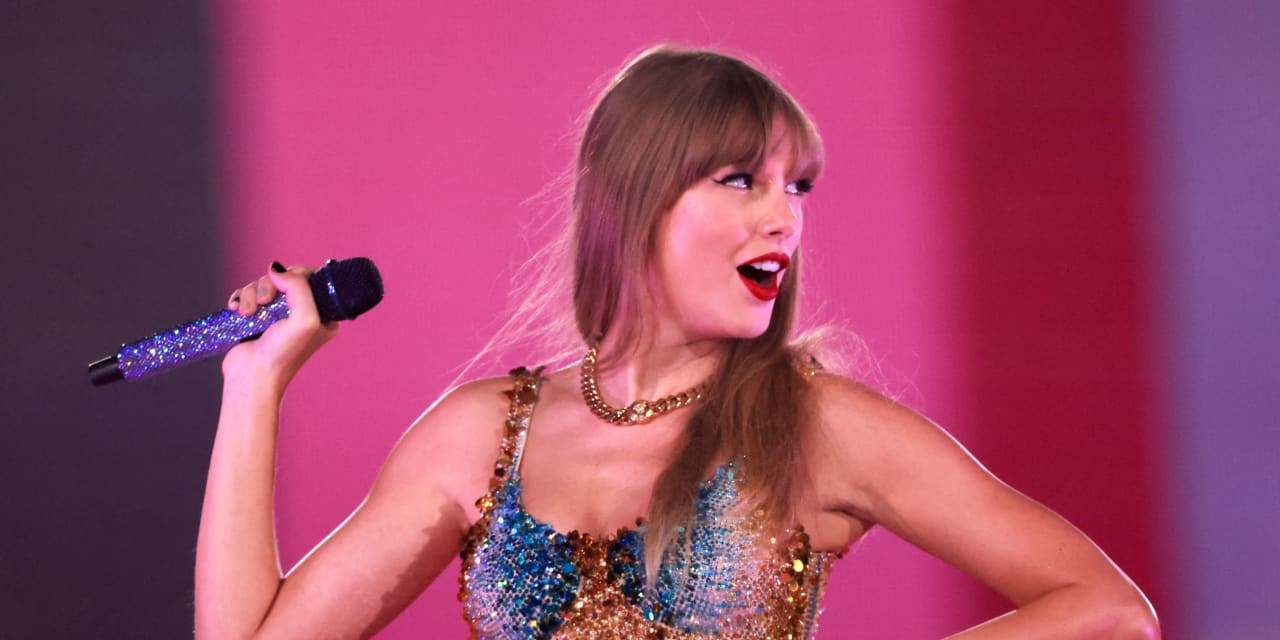
The year 2023 has been a momentous one for live music, with several iconic artists embarking on highly successful tours. Taylor Swift’s Eras tour, Beyoncé’s Renaissance tour, and U2’s opening of the new Las Vegas venue Sphere have all captured the attention of music lovers around the world. Another notable tour, Elton John’s Farewell Yellow Brick Road tour, also concluded this year.
According to David Schulhof, the founder and CEO of the MUSQ Global Music Industry ETF, the popularity of these tours comes as no surprise. He believes that people have a strong desire for live music and that there is nothing that can replicate the experience of attending a live concert.
The MUSQ ETF, which was launched in July, includes about 50 holdings in various sectors of the music industry, such as streaming, content and distribution, live music, satellite and broadcast, and equipment and technology. One of the top holdings of the fund is Sphere Entertainment Co., the owner of Sphere, a new immersive concert and entertainment venue in Las Vegas. U2 recently kicked off a 25-show residency at Sphere, resulting in a significant increase in Sphere Entertainment’s stock value.
Other holdings in the MUSQ ETF include companies like Avid Technology Inc., Dolby Laboratories Inc., Sonos Inc., Live Nation Entertainment Inc., Madison Square Garden Entertainment Corp., Sirius XM Holdings Inc., and CTS Eventim AG & Co, a European ticketing giant. The MUSQ ETF currently manages assets worth $11.7 million.
Schulhof, who has an extensive background in the music industry, believes that AI and blockchain are the next big trends in the industry. He sees AI revolutionizing creativity and productivity for artists by providing them with new tools to create music. For example, the news that the Beatles are using AI to include John Lennon’s voice on a new song generated mixed reactions from fans and musicians alike. Schulhof also mentioned the potential of AI in creating new works by accessing individual audio tracks, known as “stems,” used in the production of songs.
However, Schulhof acknowledges the challenges that AI poses to the music industry, particularly in terms of piracy and market dilution. Despite these risks, he believes that the benefits of AI outweigh the negatives.
Regarding blockchain technology, Schulhof sees opportunities for artists to strengthen their relationships with fans through the use of non-fungible tokens (NFTs). He also points out that blockchain can significantly speed up payment processes for artists, eliminating the need for intermediaries.
Blockchain, a decentralized digital ledger used to underpin cryptocurrencies like bitcoin, has gained popularity in recent years. Schulhof believes that the combination of AI and blockchain is transforming the music industry.
Overall, the year 2023 has been a notable one for live music, marked by successful tours and the emergence of new technologies like AI and blockchain. As the music industry continues to evolve, it will be interesting to see how these trends shape the future of the industry and enhance the live music experience for fans around the world.






